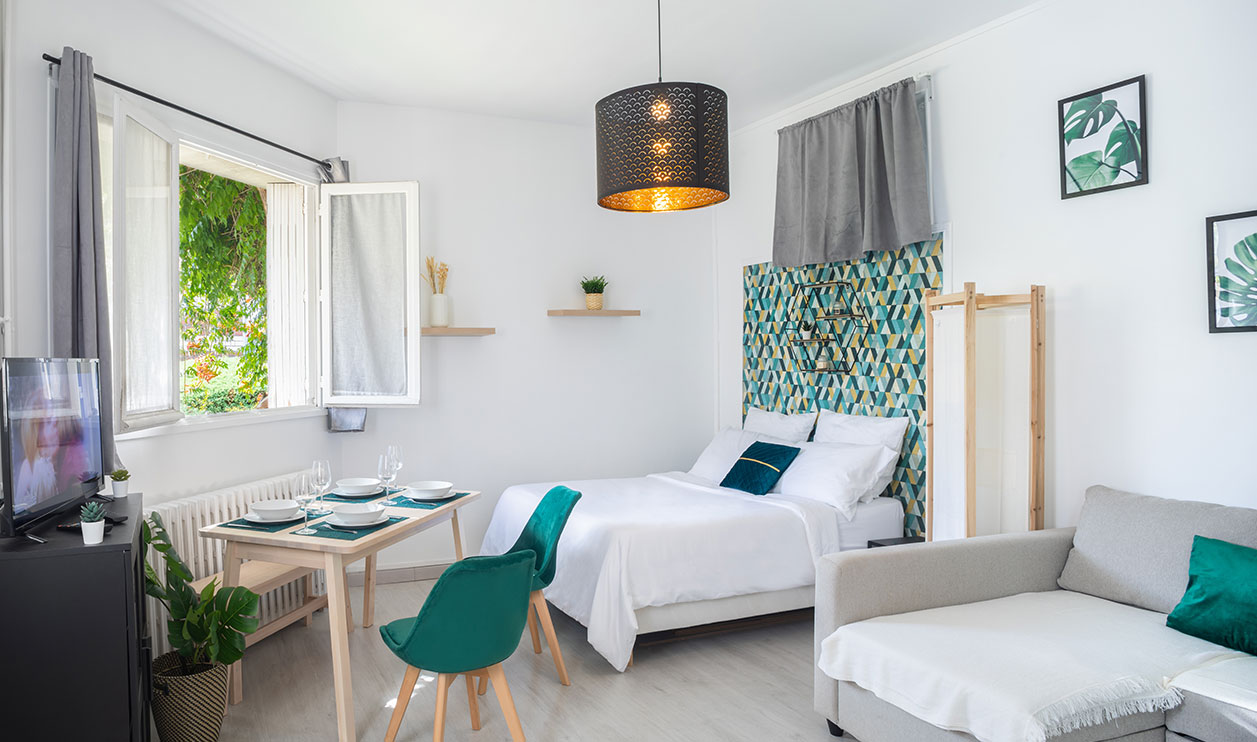When embarking on the journey of becoming an Airbnb host, one of the most important steps is establishing clear and effective house rules. These rules not only set expectations for your guests but also protect your property and ensure a smooth hosting experience. Understanding the best Airbnb house rules examples can make all the difference in maintaining a mutually enjoyable stay for both hosts and guests.
In this article, we will explore some essential Airbnb house rules examples that you can incorporate to enhance your hosting experience. Whether you are a seasoned host or just starting, these guidelines will help you create a welcoming and safe environment for everyone involved.

Why Are House Rules Important?
House rules are vital for several reasons. They help to set expectations, establish boundaries, and provide a framework for what is acceptable behavior. They also serve as a reference point in case any issues arise during a guest’s stay. By having a clear set of rules, you can prevent misunderstandings and ensure that everyone is on the same page.
Moreover, house rules can help protect your property from damage, ensure safety, and maintain a respectful relationship between you and your guests. As a host, it’s essential to strike a balance between being accommodating and firm in enforcing these rules. To learn more about managing guest communication effectively, you can check out this guest communication guide.
Crafting Effective House Rules
When creating house rules, it’s important to be clear, concise, and reasonable. Be sure to cover key areas such as noise levels, smoking policies, and guest conduct. Below are some examples of specific rules you might consider implementing:
Noise Restrictions
One common area of concern for Airbnb hosts is noise. To avoid disturbances to neighbors or other guests, consider setting specific quiet hours. For example, you might state, ‘Please keep noise to a minimum between 10 PM and 8 AM.’ This sets a clear expectation and helps maintain a peaceful environment.
Smoking Policies
Whether you allow smoking on the premises or not, it’s crucial to clearly state your policy. For instance, you could say, ‘No smoking inside the property. Smoking is only permitted in the designated outdoor area.’ This helps prevent misunderstandings and ensures compliance with your preferences.
Guest Conduct
Outline your expectations for guest behavior to ensure a respectful and enjoyable stay. For example, ‘Please treat our home with respect and leave it as you found it.’ Encouraging guests to maintain cleanliness and order will help protect your property and maintain a pleasant atmosphere.
Safety and Security Measures
Safety is a top priority for both hosts and guests. Clearly communicate any safety measures or emergency procedures. For instance, you might include, ‘In case of an emergency, please call 911 and notify the host immediately.’ Providing contact information for local emergency services can also be helpful.
Additional House Rules Examples
Beyond the basics, there are additional rules that may be relevant depending on your property’s unique features or location. Here are some examples:
Pet Policies
If you allow pets, outline any restrictions or guidelines. For instance, ‘Pets are welcome, but please clean up after them and keep them off the furniture.’ This helps ensure that all guests, including those with allergies, have a comfortable stay.
Check-in and Check-out Procedures
Clearly communicate your check-in and check-out times, as well as any specific instructions. For example, ‘Check-in is at 3 PM, and check-out is at 11 AM. Please let us know if you require any adjustments.’ This helps guests plan their arrival and departure accordingly.
Environmental Considerations
Encourage environmentally friendly practices by including rules related to energy and water conservation. For instance, ‘Please turn off lights and appliances when not in use.’ This promotes sustainability and can contribute to lower utility costs.
Communicating House Rules to Guests
Once you have established your house rules, it’s important to communicate them effectively to your guests. Consider including them in your Airbnb listing description, as well as in a welcome packet or email sent prior to arrival. This ensures that guests are aware of the rules beforehand and can address any questions or concerns in advance.
Additionally, displaying a printed copy of the house rules in a prominent location within your property can serve as a helpful reminder for guests during their stay.
Handling Rule Violations
Despite your best efforts, there may be instances where guests violate your house rules. It’s important to address these situations calmly and professionally. Consider taking the following steps:
Step 1: Communication
Politely remind the guest of the specific rule they have violated and explain why it is important. For example, ‘I noticed that there was excessive noise last night. Please remember to keep noise levels down after 10 PM to ensure a peaceful environment for everyone.’
Step 2: Resolution
If the issue persists, consider discussing possible solutions with the guest. This could involve offering alternative arrangements or suggesting a compromise. It’s important to find a resolution that is fair and satisfactory for both parties involved.
Step 3: Escalation
If necessary, you may need to involve Airbnb’s support team to mediate the situation. It’s important to document any violations and communication attempts in case further action is required.
Conclusion
Establishing and enforcing clear house rules is essential for a successful Airbnb hosting experience. By setting expectations and maintaining open communication, you can create a welcoming and safe environment for your guests. Remember, the goal is to strike a balance between being accommodating and firm in enforcing your rules. For additional cleaning tips to maintain your property, check out this cleaning guide.
For those looking to delve deeper into vacation rental management, this vacation rental guide offers further insights.

FAQs
What are some common Airbnb house rules examples?
Common examples include noise restrictions, smoking policies, guest conduct expectations, pet policies, and check-in/check-out procedures.
How should I communicate house rules to my guests?
Include them in your Airbnb listing, send them in a welcome email, and display a printed copy within the property.
What should I do if a guest violates my house rules?
Politely remind them of the rule, discuss possible solutions, and involve Airbnb’s support team if necessary.
This article contains affiliate links. We may earn a commission at no extra cost to you.




